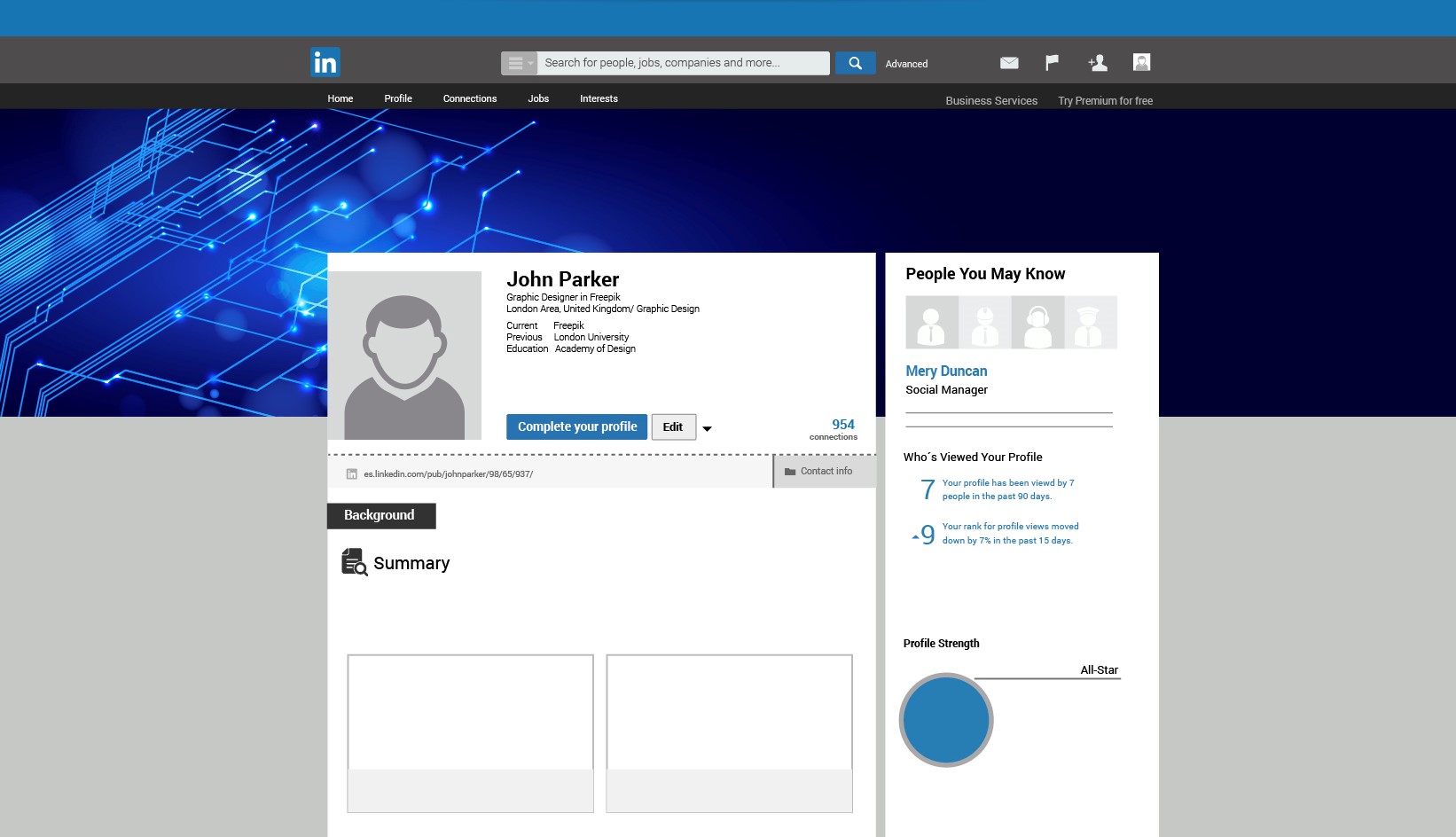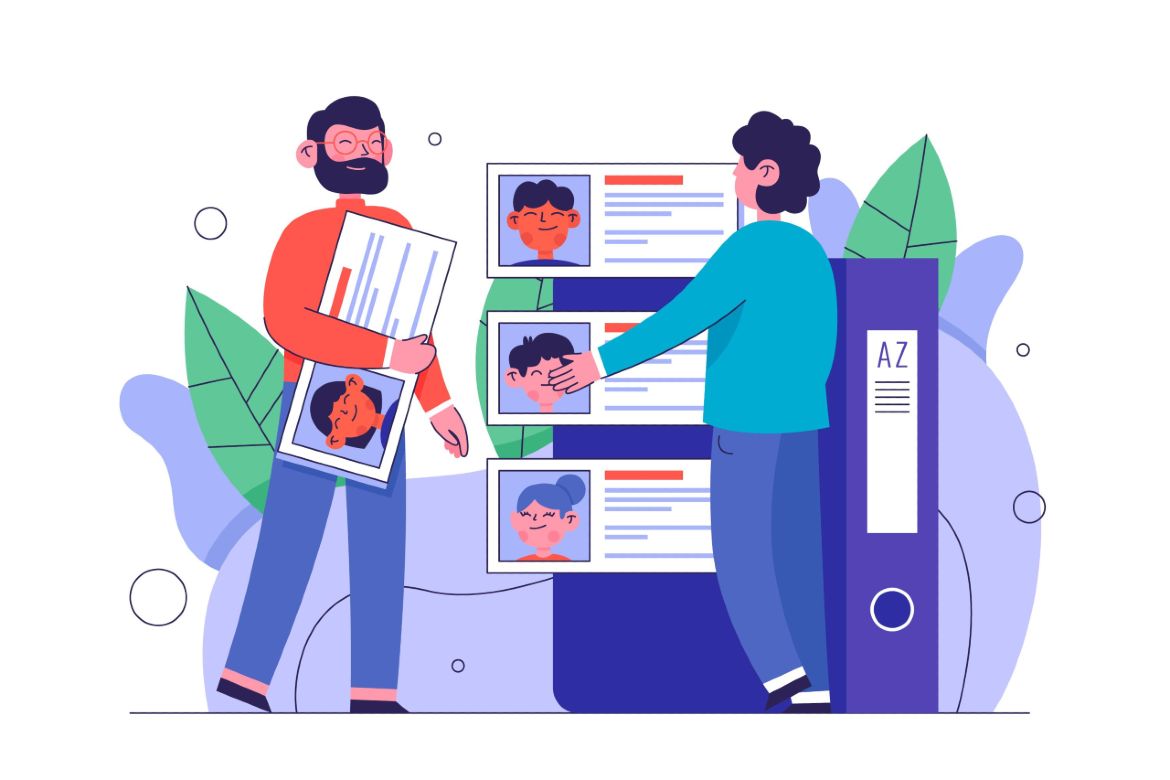
How Do I Recruit QA Engineers?
Posted on:
CV Assistance
IT Jobs and Recruitment Insights
Job Interview Preparation
The recruitment market is going through a phase of uncertainty as we see companies slowing down their hiring process since the initial bounce back in 2021. That’s not to say that there isn’t a demand for tech talent, there still is, but there has been a shift in the level of demand.
Hiring Managers need to take many factors into consideration (as always) before making a hire and one key factor that has been at the centre of every discussion is salary levels. With the rate of inflation currently, the salary demands of candidates remain high.
So, it’s safe to say that there is a lot going on in the talent market and as a candidate, who has a certain salary expectation, you need to stand out from the rest. Luckily, you’re in good hands. I recruit in the QA space and have the inside scoop that will help you stand out from the crowd.
-
Initial steps
I know these points seem like obvious points of information, but you’ll be surprised by how people tend to forget the basic things. Pay attention to the small details, it is crucial.
Important points to remember for your CV
CVs need to be clear and precise. Your CV does not need to be any longer than two pages. One of the most important sections in your CV is the part that holds all your personal info like name, email, and number and if you have one, (which you should)a link to your LinkedIn profile. If you forget to add this in and another candidate hasn’t, they’re going to get that call first.
Always start your CV with your most recent role and work your way down. Give more space to detail on the last few years of relevant experience and quickly summarise the stuff that might have happened a long time ago. The career path is important. Capture important details on each role also (key responsibilities and key achievements), as this helps the recruiter as well as the client to see what you have done in previous jobs. Add a skills/tools section. Then pop your education down and your hobbies.
Check out our guide for any CV assistance you may need.
LinkedIn Profiles

As a recruiter, LinkedIn would be my main tool for sourcing. It is a fantastic way to look for candidates from all over the world. It helps me connect with candidates who I believe are the right fit for the role and also gives me a direct insight into their work history, technical skills, and past recommendations from employers/colleagues.
Your LinkedIn profile is just as important as your CV in helping me find the right position for you. Here is a list of things you should have in your profile to help you stand out to a recruiter and help them know if you are well-experienced in your area.
- Always give a summary of what each role entailed; this is crucial.
- Soft skills and technical skills clearly laid out on your profile.
- Make sure that the companies you worked in are linkable to their company page.
- Mention if the roles you worked on were permanent or contract.
- Ensure that the timeframe of each role is accurate.
- List your education
- Recommendations from past employers are a great way in showing hiring managers and recruiters how you got on in your previous positions.
-
What skills are important
When interviewing with a client it's crucial to find out exactly what tools they are looking for in a profile. Knowing which skills are required to achieve perfection can make a significant difference to the quality of the interview.
Every role can be different, which means that the set of skills required by every client could vary. Based on the role I have worked on the last few months within QA automation, there were a number of clients seeking Java, and Selenium, with the occasional JavaScript requirement. I’m also coming across fewer and fewer clients looking for languages like python or C#. Now, these could just be the roles I’m getting and have nothing to do with the general market demand.
What you can you upskill in?
Working as a QA is a highly skilled position and always will be. Not every QA position advertised is the same and therefore there will always be something you can be upskilling in. As a QA you would do the usual courses like ISTQB ( International Software Testing Qualifications Board) which is a software testing certification board that operates internationally. You can also find plenty of other online courses that will help you to upskill. Here are two just to name a few but there are plenty more out there- Coursera and Udemy.
-
What companies look for in a candidate

Many clients I speak to, yes, are looking for someone who has the right skills for the role but also look for some who matches their values and culture. They usually are able to make this decision based on the soft skills of a candidate.
When interviewing, employers look for certain qualities outside your technical abilities, here are some of them.
Good communication skills - As an employee of the company, you will need to communicate with your diverse internal team, customers, managers, and other stakeholders. So you will need to highlight your ability to clearly communicate in a respectful and effective manner.
Problem-solving skills - These skills are important in every career, at every level. Being able to manage challenging situations at work productively and positively is crucial.
Can work within a team or on their own initiative - When team members value each other's strengths, they often create a more effective solution. Teamwork can also enhance employee relations.
Loyalty - Someone who will stay with them for several years and is prepared to invest their time and energy to do what they can to grow that success, both daily and over the longer term. Therefore having sufficient timelines on your resume and LinkedIn profile is very important.
-
How to communicate during your interview process
You could be great on paper but what’s important is how you come across in person. Your interview process is your chance to shine bright and make an impact. So how can you do that?
When preparing my candidates for an interview I like to remind them to do the following:
- Prepare your knowledge of the company.
- Conduct research on the company, read their website etc. Always do this so you are not going into the interview blind.
- Always prepare real-life examples to give yourself credibility and back up what you are saying.
- Also always have 5-10 questions to ask. Good questions will always make a good impression. For e.g. growth plans, current challenges, projects etc.
-
How to negotiate your salary

I am seeing a huge increase in salary expectations from candidates. The ones I have spoken to are leaving their current position in search of more money, due to inflation. They are not unhappy or not satisfied with the work they are doing in their roles, but because they need to be more financially secure to support themselves or their families and unfortunately some firms cannot support this. With tough times ahead, they are now looking for a 5-10% increase.
As a recruiter, I love speaking to active and passive candidates. It is very important to me to understand their abilities and what they are looking for, to help find their dream role. If you are in the tech industry, have experience as a QA, and are open to new opportunities, email me at sarah.cotter@gempool.ie and we can arrange a call to chat about finding you your next dream job.






